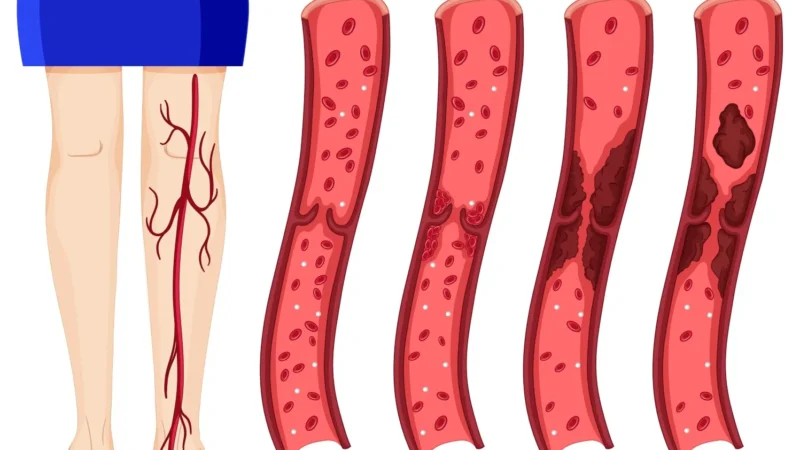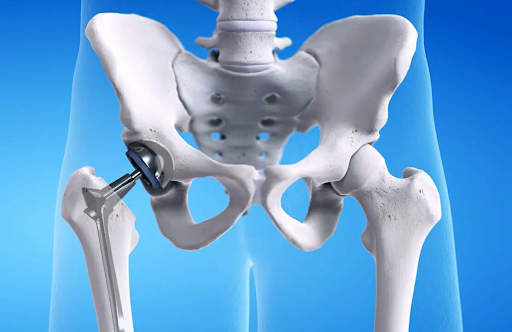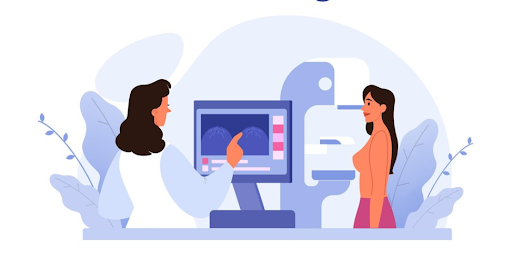Why Might You Need an Electrophysiologist?

An electrophysiologist, commonly referred to as a cardiac electrophysiologist (cardiac EP), is a cardiologist who specialises in diagnosing and treating issues with abnormal heart rhythms or arrhythmias. They look at your heart’s electrical system, which controls heart rhythm and pace by sending an electrical signal via your cells.
A typical electrophysiologist in Sydney may identify and deal with issues like:
- Bradycardia: The slow beating of the heart.
- Tachycardia: Excessively rapid pulse. Depending on where the heart condition starts, there are three primary categories.
- Atrial Fibrillation: A trembling and fluttering heartbeat.
- Coronary Arrest: The unexpected halting of your pulse.
- Other cardiac conditions and arrhythmias.
According to University of Sydney research, women who experience significant heart attacks and are hospitalised in one of the hospitals in Sydney have a 50% lower chance than males of receiving the necessary care. They also have a 50% higher chance of dying six months after leaving the hospital.
What is Electrophysiology?
Your physician or cardiologist could suggest that you undergo a test known as an electrophysiological study if they notice that your heartbeat is unusual (EPS). A specialist in electrophysiology conducts this test.
A blood artery leading to your heart will be punctured by three to five electrode catheters, which are specialised wires. The catheters are often placed in your groin, arm, or neck. The electrophysiologist will record your heart’s electrical activity and transmit electrical impulses to it using the catheters.
Reasons for Consulting an Electrophysiologist
Cardiologists specialising in general electrophysiology work with the heart. A regular check-up with this expert doctor can assist someone who is at risk for heart disease stay on top of their heart health.
However, you could suffer palpitations, which feel like the heart is skipping, fluttering, or pounding too forcefully or quickly, when electrical problems lead to abnormal cardiac rhythms or arrhythmia. An arrhythmia sufferer might feel these pains in the neck, throat, or chest.
If you are a native, here are some reasons to schedule a visit to an electrophysiologist in Sydney:
#1 Family Background
Look into hereditary heart problems. Make some inquiries, draw a family tree, and ask relatives about their medical histories. Act now and have a cardiologist examine patients with cardiac problems, including excessive cholesterol and high blood pressure.
#2 Elevated Cholesterol
Increased cholesterol is not symptomatic and might be challenging to treat. Since high cholesterol is one of the main risk factors for heart disease, it is essential to keep it under control.
#3 Smoking
Heart disease risk increases with smoking at any stage of life. It might not be a terrible idea to see a cardiologist if you smoke or have previously smoked.
#4 Having Diabetes
Individuals with diabetes are two to four times as likely to have heart illness than adults without diabetes. One of seven major, poorly managed risk factors for heart disease is diabetes, according to medical sciences. Try to manage it and take care of it.
18,590 fatalities in Sydney, Australia, were due to heart disease in 2017, making it the country’s biggest cause of death. Every 28 minutes, a person in Australia dies of heart disease.
Final Thoughts
Due to the integration of several diagnostic and therapeutic modalities, including intracardiac echocardiography (ICE), fluoroscopy, three-dimensional mapping systems, intracardiac EGMs, and surface EKGs, cardiac electrophysiology is constantly improving.
Regardless of the medical issue, people might need medication to regulate their heart rate. A technique known as ablation, which utilises radiofrequency radiation to burn away a tiny piece of cardiac tissue and stabilise the rhythm, may be necessary for some circumstances. You could need a pacemaker or implanted cardiac defibrillator in other circumstances.






